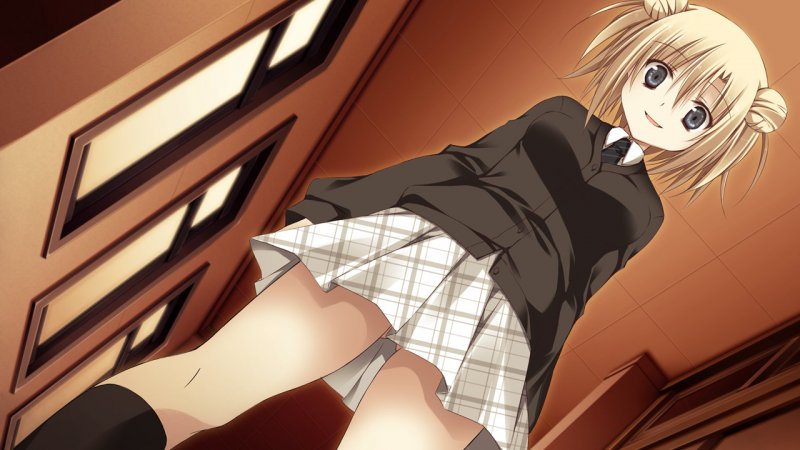School years are crucial for a person’s life. They are those in which the inculcatory principles in childhood clash with the profound changes that cross the body when it becomes an adult, creating a friction that will only end with death (you are allowed to touch).
School is not only an institution, but it is also the place where one matures on a physical and mental level (well, only some mental, but it applies as a general principle): it is where one begins to have awareness of the other sex and live the first love stories, sometimes beautiful and delicate, sometimes dramatic and signing. In short, it is a fundamental step for growth, especially in the adolescent years, those in which there are more doubts and uncertainties, in
which the impulses become irrepressible and every pimple becomes the object of a Shakespearean tragedy. In short, in adolescence we suddenly find ourselves fragile and unstable and the school desks are the ideal stage to stage these feelings, which will indelibly determine our future.For this reason the school is so present in the collective imagination and is used to settle works of all kinds, from novels committed to porn with sexy students.
Miniature Gardern is part of the genre of psychological horror with strong intimist traits. It is a Japanese visual novel that tells about a school, called Miniature Garden,
which stands in a wood. If you think about it, the school buildings, especially the older ones, always have a disquieting and mysterious side due to the accumulation of lives and voices of the present and of the past within them. Here some students, among them the protagonist Yasunari, busy preparing the so-called Miniature Festival, remain locked in the building for an entire night
.Is this a case or is the legend true and will someone die of violent death before daybreak? What are the seven mysteries? What are the threads that tie the stories of the five prisoners?
Why do some of them seem oppressed by a past they can not get rid of? To answer these and many other questions, all that remains is to follow the story. We do not want to tell you more about this so as not to anticipate anything of the decisive events from which it is composed.
We reviewed the visual novel Miniature Garden. Find out what we think of it.
Having to describe the story from a general point of view, we would define it as a good horror, but it makes extensive use of clichés, starting from the premise (how many students who are stuck at school at night are full of Japanese horror?).
In truth, as a kind of videogame requires, there are more finals (seven) and to get the complete picture of the situation you have to unlock them all. Some of these are really well written and, despite the originality is little, they are exciting.
Let’s say that the writers of the Muzintou studio have managed to put on very strong feelings, seasoned by assorted mysteries, without ever ending in the cloying, despite some slipping on the pathetic. On the other hand, the drawings by Riko Korie,
an artist known in the field of visual novels, who worked well on the characters, are still very beautiful, although even here the clichés abound and the style is not particularly original.
However, the infantile traits of the protagonists contrast appropriately with those that are the central themes of the story, making some changes in atmosphere more disturbing. Less inspired by the seabed, all too general and, in some cases, coarse.
Those who made them obviously looked for a pictorial style, but the overall effect is that of a badly applied Photoshop filter. From the point of view of the game system, Miniature Garden is a very classic visual novel. It certainly has more than good production values, given the dubbing (Japanese) and the animated introduction in full anime style,
but at the interface and options level it is limited to making its own. So we can choose the scroll speed of the texts, or consult the list of finalists reached, or watch a gallery of animations unlocked by playing. At stake, we limit ourselves to reading and making decisions from time to time, with the classic multiple-choice system. Let’s say that to complete everything, skipping the texts already read previously, it takes about ten hours.

